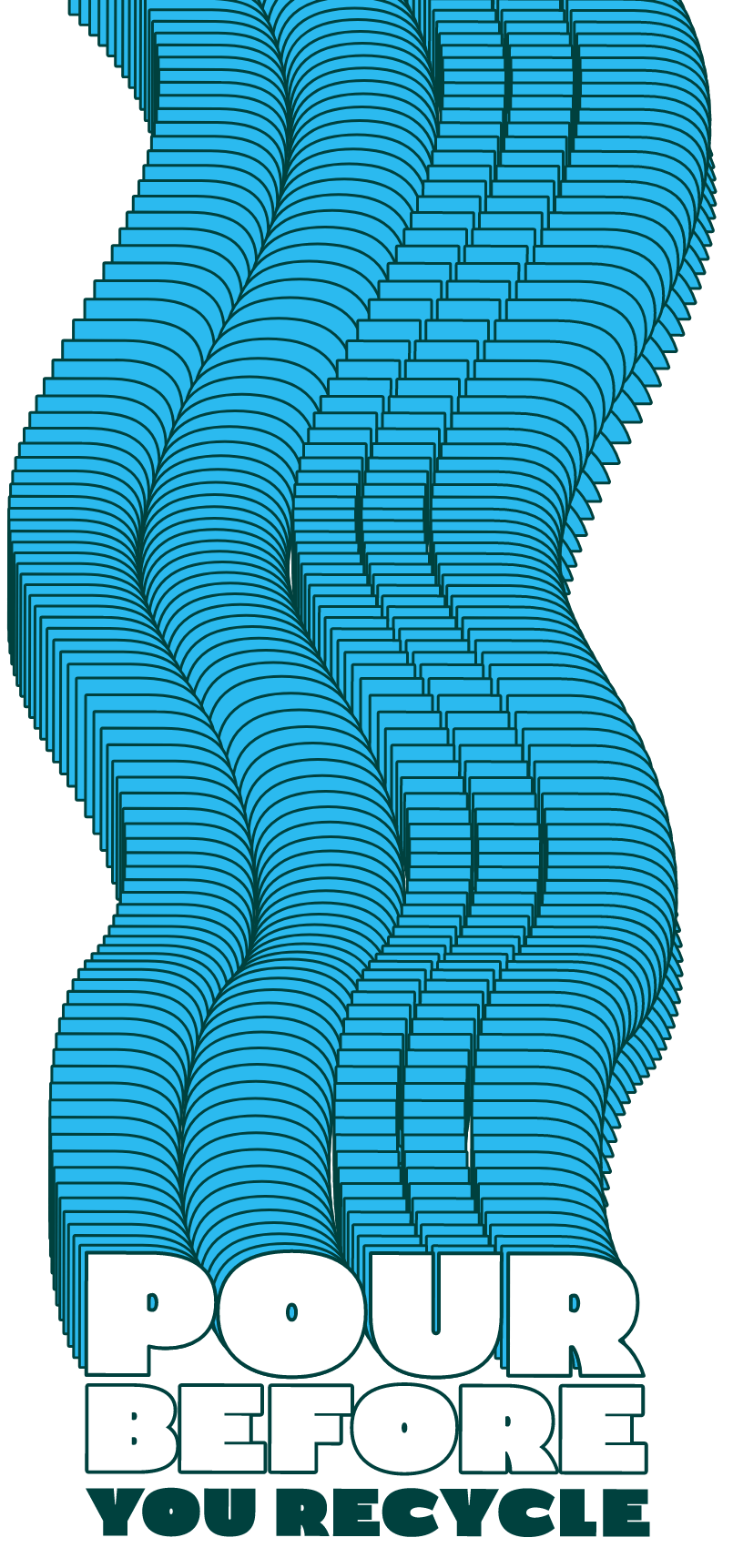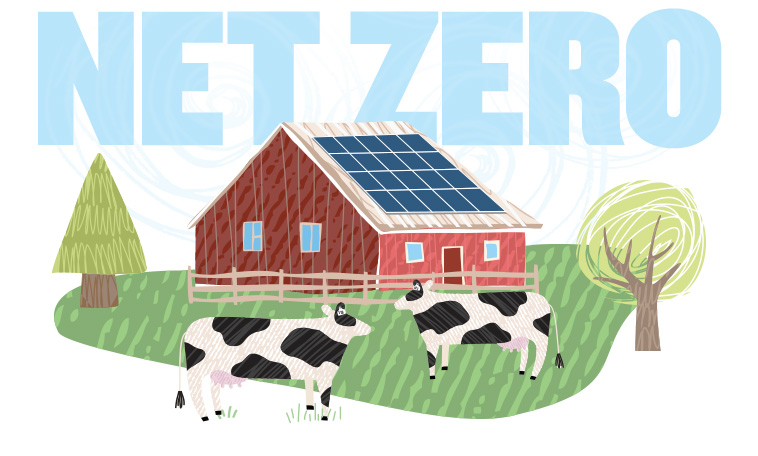Recycling Facts & Tips

Why Recycle?
School milk comes in cartons, bottles, or jugs. These beverage containers are recyclable, so let’s make sure they end up getting recycled, while reducing contamination of other recyclable materials. Recycle Right with Milk can help!
Recycling a product or packaging at the end of its useful life reduces the emission of greenhouse gases (GHG) compared to sending it to landfill. Recycling means reducing waste – breaking down an old product and using it for something new. By recycling, your school is conserving energy and natural resources as well as protecting the environment. The demand for recycled paper from cartons decreases the strain on natural resources and provides a market for recycled goods.
- (Carton Council of Canada, 2023)
To learn more about Dairy Farmers of Canada’s commitment to reduce greenhouse gasses, CLICK HERE >

Let’s review the six steps on recycling beverage containers right:
-
1
Finish your beverage.
-
2
Pour out leftover liquid.
-
3
DRINK BOX? Push your Straw back into the box.
-
4
PLASTIC CAP? Put the cap back on and close the Container.
-
5
Drop your beverage container into the recycling bin.
-
6
Congratulations! You did it right.
Did You Know?
39,000
Did you know the average elementary school in Manitoba uses 39,000 milk and juice cartons every year? – (MMSM & CCC, 2019)
Fact:
Food waste, including leftover liquids contaminate recycling.
DYK cartons do not need to be rinsed before they are recycled – only emptied. (CCC, 2023)
Straws?
Don’t litter, push the straw back in the pack! These are the only straws that are accepted – as long as they have been pushed into the box. (CCC, MMSM, RE, 2023)
Got Bins?
Need more recycling bins for your school? Request bins from Recycle Everywhere.
68%
Manitoba Carton Recycling Recovery Rate: 68 % (CCC, 2022)
Life after the carton: Did you know the paper fibre from recycled cartons can be used to make tissues, office paper, and more! (RE, 2023)
32,166
32,166 Carton Tonnes collected/recycled in Canada (CCC, 2022)
Plastic disposable cups are recyclable in Winnipeg. To find out what materials can be recycled in your area check out the Recyclepedia. (MMSM, 2023)
WHAT IS CONTAMINATION? Any non-recyclable item placed in a recycling bin. (RE, 2023)
How Are Canadian Dairy Farmers Doing Their Part?
Working towards a more sustainable future
Canadian dairy farmers are naturally committed to caring for the environment, from the land and animals they tend to, to the water and air we all share. In Canada, dairy farms are typically passed down from generation to generation. Farmers are motivated to run their farms in the most efficient and sustainable way possible – to succeed as a business, and because it’s the right thing to do.
Dairy Net Zero by 2050
Dairy Farmers of Canada has committed the dairy farm sector to reaching net-zero greenhouse gas emissions by the year 2050. Net-zero emissions for dairy farms means reaching a balance between greenhouse gas (GHG) emissions from farms and GHG removed from the atmosphere. To get there, farmers make efforts to reduce emissions as much as possible, and act to sequester carbon in their landscape to offset the remainder. LEARN MORE

Our Partners
Recycle Right with Milk gratefully acknowledges the support of our project partners:


